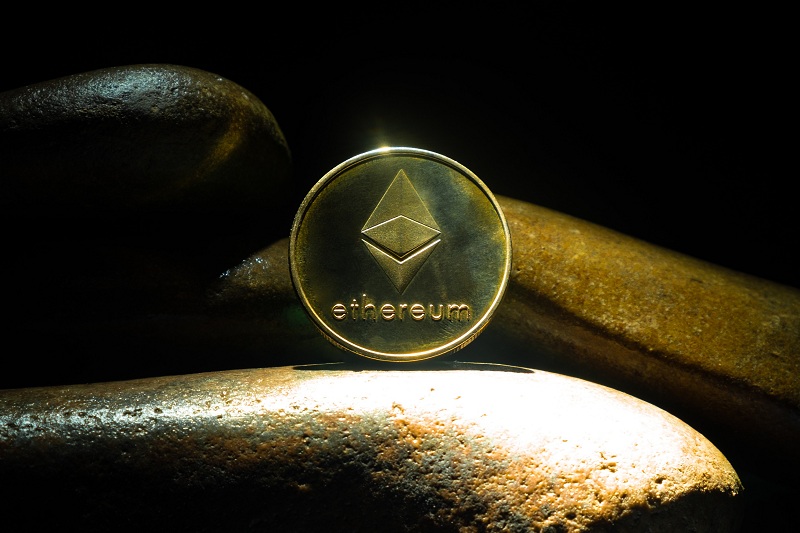
- Casa added a multi-signature Ethereum self-custody vault to its initial BTC custody offering in June 2023.
- However, the Casa Relay responsible for communication between the ETH vaults and the Ethereum blockchain did not offer privacy.
- Casa has introduced a new relay service called ETH pay wallet to ensure more privacy.
The recently released Ether (ETH) vault on the cryptocurrency self-custody platform Casa now features new functionality that enables users to conduct transactions over a relay for increased secrecy.
In June 2023, Casa expanded its initial Bitcoin (BTC) custody offering to include a multi-signature Ethereum self-custody vault, enabling users to control the self-custody of their ETH holdings using up to five private keys to protect their assets.
Upgrading communication between ETH vaults and Ethereum blockchain
Previously, the internal Casa Relay, allowed users to communicate between their ETH vaults and the Ethereum blockchain. Users could deploy contracts and send transactions while fronting gas fees through this bridge.
However, the company pointed out that the feature has one limitation: users’ Ethereum addresses connected to Casa can be seen by anyone using tools for blockchain scanning. The new relay service, called ETH pay wallet, comes in here.
The ETH pay wallet is a brand-new single-signature alternative wallet that can operate as a relay to carry out transactions from a vault. Gas fees and transactions received from an ETH pay wallet are not connected to Casa on-chain, according to Casa CEO Nick Neuman.
Neuman stated that the feature had been under development prior to the introduction of its ETH custody vault and offered users the chance for customization.
However, Neuman clarified that the ETH pay wallet will not provide anonymity associated with obfuscation technologies across the cryptocurrency ecosystem.
The service requires more steps than the Casa Relay does, and users must pay petrol costs with their own wallets. However, the enhanced privacy for customers who want to avoid having their on-chain ETH addresses linked to Casa is worth it.

